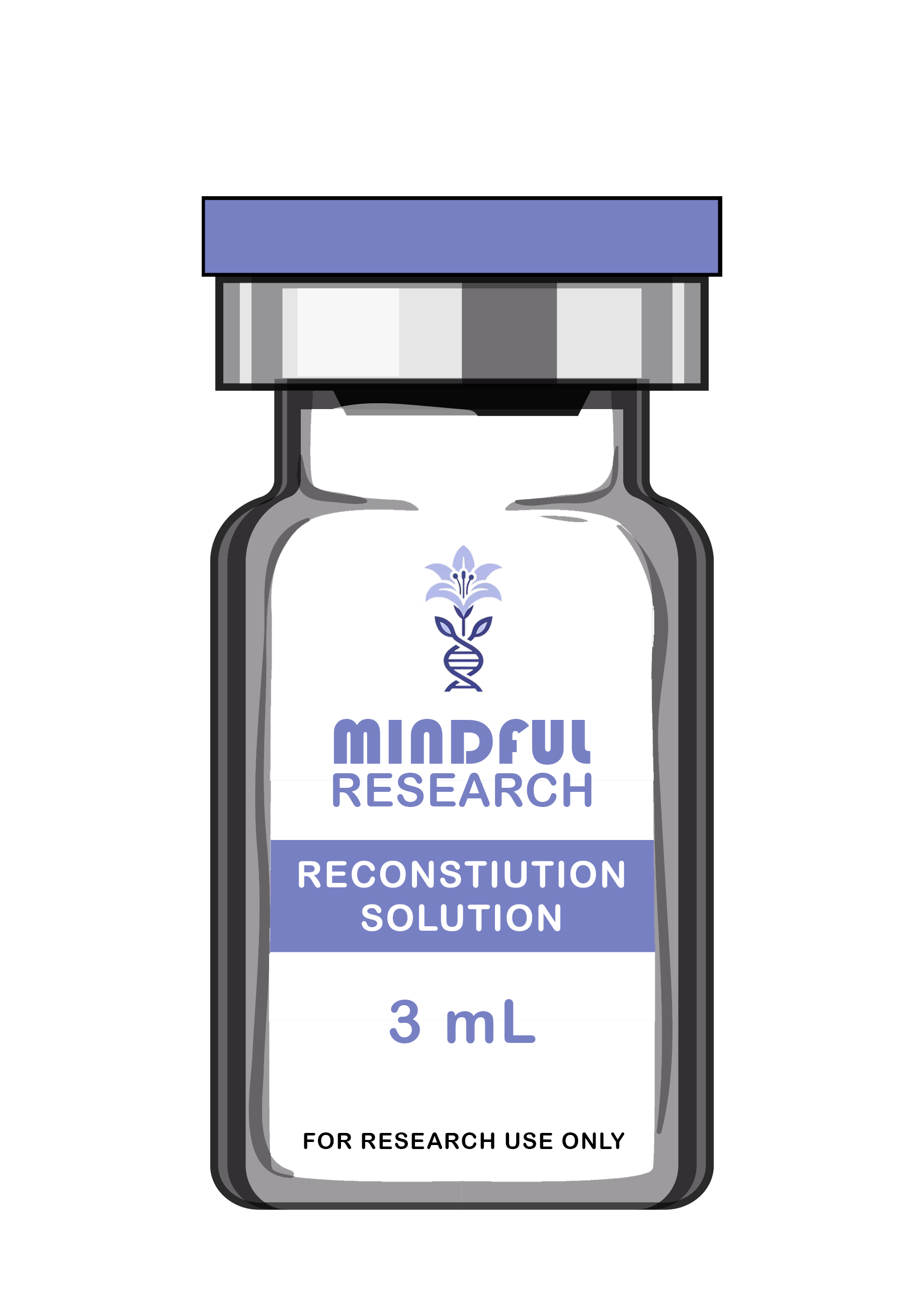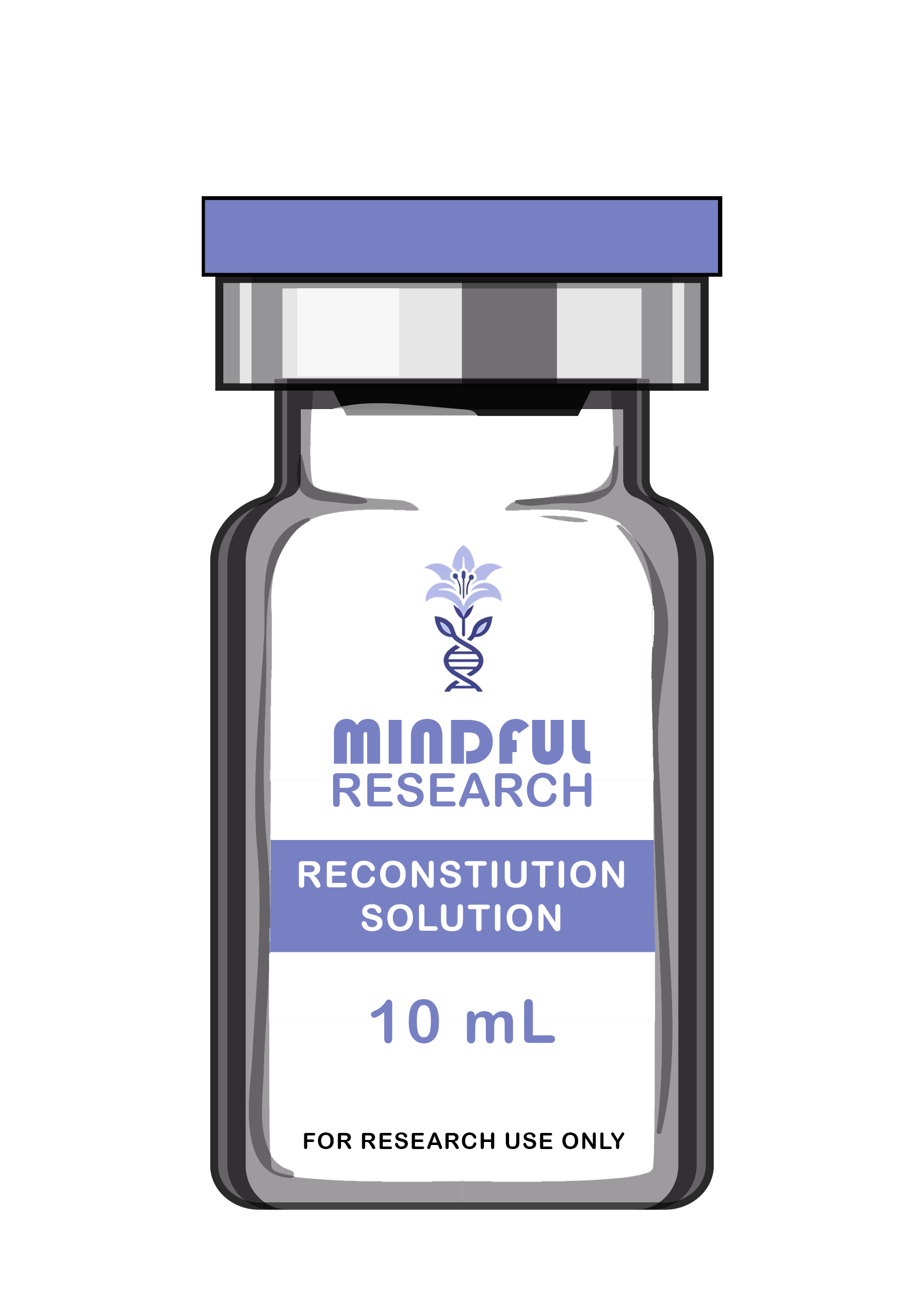Epithalon
Test Reports
Properties
|
Name: |
Epithalon |
|
Vial Contents: |
Lyophilized Powder |
|
CAS Number: |
307297-39-8 |
|
PubChem CID: |
219042 |
|
Molecular Weight: |
390.349 g/mol |
|
Molecular Formula: |
C14H22N4O9 |
 Source: PubChem
Source: PubChem
Epithalon Peptide Synopsis
Epithalon, also known as Epitalon, is an artificial compound derived from Epithalamin. It has been found to potentially regulate telomerase, the vital enzyme responsible for maintaining and safeguarding the telomere caps on chromosome ends. Studies have shown that Epithalon may promote telomere lengthening and potentially delay the effects of aging.

Source: Pubchem
Epithalon Peptide Research
Origins
Epithalon, originating in Russia during the 1980s, also referred to as Epitalon, Epithalone, or Epithalamin, is a concise synthetic peptide that may activate the telomerase enzyme and increase the secretion of melatonin. Its effects on the reproductive and immunological systems have shown to delay age-related changes, as well as prolong the lifespan of rodents. While primarily researched for its anti-aging properties, epithalon has also demonstrated significant influence on certain types of cancer, infectious diseases, and DNA control.
Aging
Initial investigations conducted on insects and rodents demonstrate epithalon's significant potential to extend lifespan. In healthy fruit flies and rats, epithalon has been shown to decrease mortality rates by 52%. Additionally, in mice with susceptibility to both heart disease and cancer, epithalon has been found to increase lifespan by up to 27% compared to control groups.
One of the ways that epithalon produces such profound results is by eliminating free radicals, which can harm healthy tissues. While its anti-oxidant activity is an important factor in extending life, there is further evidence that epithalon triggers an enzyme known as telomerase, as demonstrated in human somatic cell experiments in vitro.
Epithalon activates telomerase, the protector of telomeres found at the ends of chromosomes. This leads to a reduction in DNA errors, proving that epithalon safeguards DNA from harm. In essence, epithalon prevents the accumulation of errors in DNA, which is crucial in preventing cell dysfunction, aging, and potentially cancer.
Melatonin
Epithalon and other peptides have been found to impact the synthesis and release of melatonin, a hormone responsible for regulating sleep and aging, by influencing two important proteins (arylalkylamine-N-acetyltransferase and pCREB transcription protein). These proteins are key players in both the production of melatonin and the control of its release on a day/night basis. Studies on monkeys have shown that epithalon has the potential to restore melatonin secretion to its normal levels.
DNA
Epithalon's ability to extend longevity goes beyond its impact on free radicals and telomeres. Scientists are actively studying the mechanisms through which this short peptide produces such profound effects, and it appears that some of the answer lies in the way it alters gene expression.
Studies on cell cultures have revealed that epithalon has a direct interaction with DNA, activating and enhancing the expression of specific genes such as CD5, IL-2, MMP2, and Tram1. While CD5 and IL-2 influence the immune system, MMP2 is essential for maintaining the extracellular matrix in skin, tendons, and other connective tissues. This suggests that epithalon may have a positive impact on both the immune system's function and the body's ability to heal from injury or daily stress. It's no wonder epithalon is effective in boosting the immune system - research on rats has shown that it increases the expression of interferon gamma in aging lymphocytes, a critical signaling molecule for fighting off viral infections through the activation of macrophages, natural killer cells, and T cells.
Epithalon is known to have profound impacts on DNA interactions. These include CD5, which triggers a differentiation of immune cells, IL-2, which boosts production and regulation of white blood cells, MMP2, which enhances MMP activation and reduces inflammation, Tram1, which aids in protein production, Arylalkylamine-N-acetyltransferase, which increases melatonin production, pCREB t - for controlling circadian rhythms and providing anti-neoplastic benefits, and lastly, Telomerase activity which promotes cell longevity.
TUMOR SUPPRESSION
Epithalon has shown potential in reducing tumor growth in rats with cancer, while also preventing the spread of these tumors to other tissues. In addition, current research is exploring its effectiveness as a treatment for Her-2/neu positive breast cancers and its role in preventing certain types of leukemia and testicular cancer.
Research has shown that epithalon may have the ability to activate the PER1 protein gene located in the hypothalamus. This gene is responsible for regulating circadian rhythm and is typically under-expressed in cancer patients. While it is unclear if this under-expression contributes to cancer growth, it is clear that the protein can impact tumor growth once established. By naturally controlling PER1 expression, it may be possible to slow down tumor growth. It has also been found that increasing PER1 expression can make cancer cells more sensitive to radiation, potentially reducing the need for high doses of radiation therapy. This not only minimizes immediate side effects, but also lowers the risk of secondary tumors.
SKIN
Epithalon has been found to have a positive impact on the gene that controls MMP2, a protein found in connective tissue, such as skin. Research on rodents has revealed that epithalon not only activates this gene, but also stimulates fibroblasts - the cells responsible for producing and maintaining MMP2, collagen, and elastin. Studies have shown that mice treated with epithalon experienced an increase in fibroblast activation, which can aid in improving healing rates and counteract the typical decrease in skin strength and health associated with aging.
Epithalon not only reduces caspase-3 activity, but it also helps to prolong the life of fibroblasts and other skin cells by protecting them from apoptosis, or programmed cell death.
VISION
According to a trial conducted on rats with retinitis pigmentosa, epithalon has been shown to improve outcomes in 90% of patients. This peptide seems to aid in maintaining the eye's natural structure and enhancing the retina's bioelectric function, which is essential for vision. Additionally, epithalon has minimal side effects and high bioavailability when taken orally or subcutaneously in mice. It should be noted, however, that the dosage for mice does not directly translate to humans.
The statements made within this website have not been evaluated by the US Food and Drug Administration. The statements and the products of this company are not intended to diagnose, treat, cure or prevent any disease. All product descriptions and details found on this website are intended for educational, research and informational purposes only.
Reconstitution Solution
$4.00



Padded Storage Case - 9 Pocket
$7.50



Padded Storage Case - 7 Slot
$6.00












Vial Storage Box
$3.00










